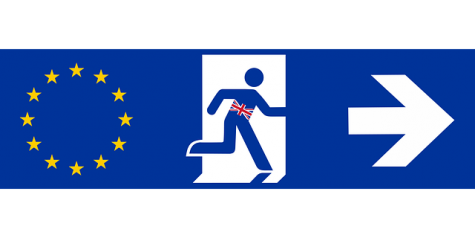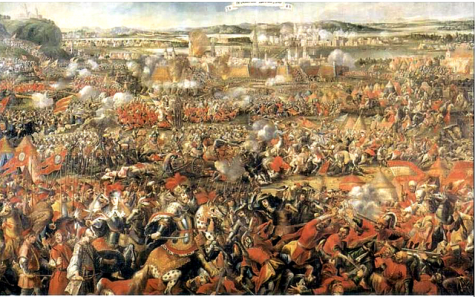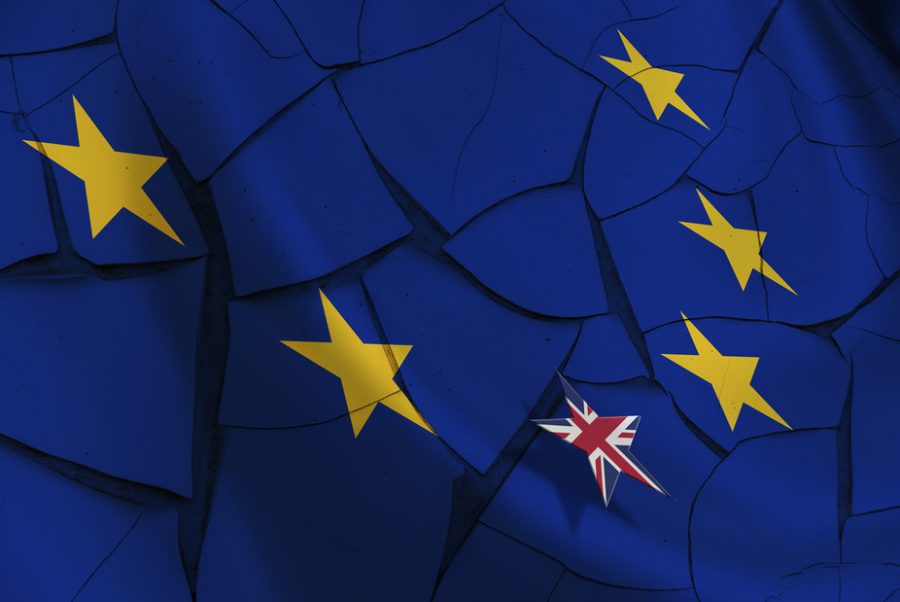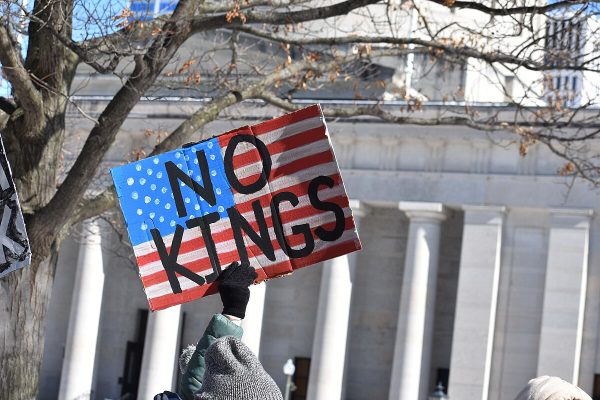Europe on the Brink
Image via Wiliam Potter
Europe is facing troubling times. The European Union, once hailed as the greatest political project in history, only rivaled by the United States of America, is now falling apart at the seams.
Cracks started to appear last year when its economically weakest link, Greece, was unable to repay its massive foreign debt. Greece’s two largest creditors, The EU and the International Monetary Fund, are owed well over $350 billion, which in real terms is about 175 percent of what the small peripheral nation produces in a given year. Consequently, in an effort to not only sustain one of its members but to also preserve the unity of the Union, the European Central Bank reluctantly provided a number of financial injections to Greece. In return, the Greek government agreed to stifling austerity measures to try and scrape together the large debt it owes, which the remaining 27 member nations insist Greece must repay. In end effect, Greece has two options: continue adhering to the strict financial impositions, or step out of the Union altogether and return to its original currency the Drachma.
Perhaps the biggest blow to the Alliance was this years surprising, yet definitive request by the British people to remove themselves (politically) from the rest of Europe.
Just this week, incumbent Prime Minister Theresa May set the wheels in motion by invoking Article 50 – a clause in the Treaty of Lisbon that denotes how an EU country might voluntarily leave the Union.
“This is the beginning of the end for the EU,” remarked Peter Lungren, a Swedish Member of the European Parliament, in an interview with MailOnline, after the Brexit vote.
Britain, which has been an integral part of the Union since 1975, has had growing anti-European sentiments for quite some time, spearheaded by conservative politicians such as Nigel Farage, leader of the Independence Party. While large cities like London, Liverpool and Manchester are regarded as bastions of multiculturalism, attitudes emanating from rural parts of the island are quite contrary.
That’s why media images of Syrian refugees fleeing their war-torn homes in great numbers and clambering over the disintegrated borders of Europe has these folks worried. Worried they will get run over by hordes of unruly foreigners, who do not share faith nor culture and who will inevitably take their jobs. Many blame German Chancellor Angela Merkel, whose open- door policy allowed more than a million refugees to recently seek sanctuary in Germany alone.

Essentially, the ongoing massive refugee crisis is at the core of Europe’s political dissension. Flimsy boats, not fit to transport seafood, are packed with hundreds of desperate refugees. To avoid detection, they set off wearily in the dead of night, from Tripoli and Ismet, headed for Europe’s southern port lights – only guided by heavenly stars and hundreds of prayers aboard.
Sadly, most don’t make the perilous journey and the ones that do are met with mixed feelings at best. Refugees leave behind all that is dear to them, risk life and limb, just for a the small chance at a dignified life in peace and freedom.
And although Europeans are considered to be rather charitable – donating millions of euros each year to organizations like the Red Cross and Amnesty International – for many the fun stops when the needy are literally standing at their doorsteps. This uncomfortable scenario becomes all too real for countries like Austria, which just recently celebrated 300+ years victory against the Ottoman Empire. Historians collectively agree that parts of Europe would probably be speaking Arabic and following Islam today were it not for the Turkish military leader Kara Mustapha’s blunder at the gates of Vienna in 1683. Instead, Europe got coffee and croissants.

This could be the reason why nationalism is once again on the rise in Austria, where earlier this year, its people nearly voted in the first right wing party government since 1938. Norbert Hofer, the front-runner for the right-wing Freedom Party of Austria, rejected the razor thin outcome of May’s elections and, with the consent of the country’s supreme court, was able to secure a redo, scheduled for this October.
The central European nation of eight million people, famous for its glorious alps, has flirted dangerously with fascism in the past. Its perhaps most notorious figure, Adolf Hitler, might have made his career in Germany but he was nurtured in the rolling hills of upper Austria, where today support for the FPO is at its strongest.
Like a blazing trail, the trend extends into neighboring Hungary, Czech Republic, Slovakia, Poland – all across the eastern front – where the migrants are coming from, en masse. Clearly, these new members of the EU have had little experience with foreigners, let alone refugees, given their recent isolated conditions under communist rule, and are as a result completely overwhelmed today. Attention is therefore now being diverted to Brussels, the seat of the EU, with demands that Europe’s outer borders be sealed once and for all.

And if that’s not enough, Italy, one of the founding members of the EU is facing serious financial woes offset by a weak economy and $400 billion in troubled loans. Many fear the country will slip into the same quagmire as its Mediterranean neighbor Greece, if the European Central Bank does not step in on time to bail out its banks. Spain, Portugal and Ireland are suffering the same financial malaise.
Important to remember, however, is why the European Union was brought about in the first place.
From the War of Roses in the 15th Century up to the bitter end of World War II, Europe had consistently been engaged in war. Fragmented and lacking any type of unity, Europe eventually realized that if its nations’ economies were interdependent, there would be less reason for them to be in conflict. The notion swiftly caught on, and one by one, Europe’s biggest players signed on to the fundamental principles of ‘promoting greater social, political and economic harmony in Europe,’ at the Treaty of Rome, in 1957. This international agreement led to the establishment of the European Economic Community, the forerunner of the present day European Union.
But euro-skeptics see a grim future ahead with some speculating only five years before the whole Alliance falls apart.
Once the EU disintegrates, the Eurozone – Europe’s common currency region – would inherently break up as well, leading to enormous consequences for world markets and global economies. Borders will be raised again and visa will have to be reinstated for country, thereby restricting the free movement of citizens and goods within the continent.
It is therefore no wonder that the world continues to watch with baited breath as bureaucrats in Brussels scramble to keep member nations from bailing the sinking EU ship.








